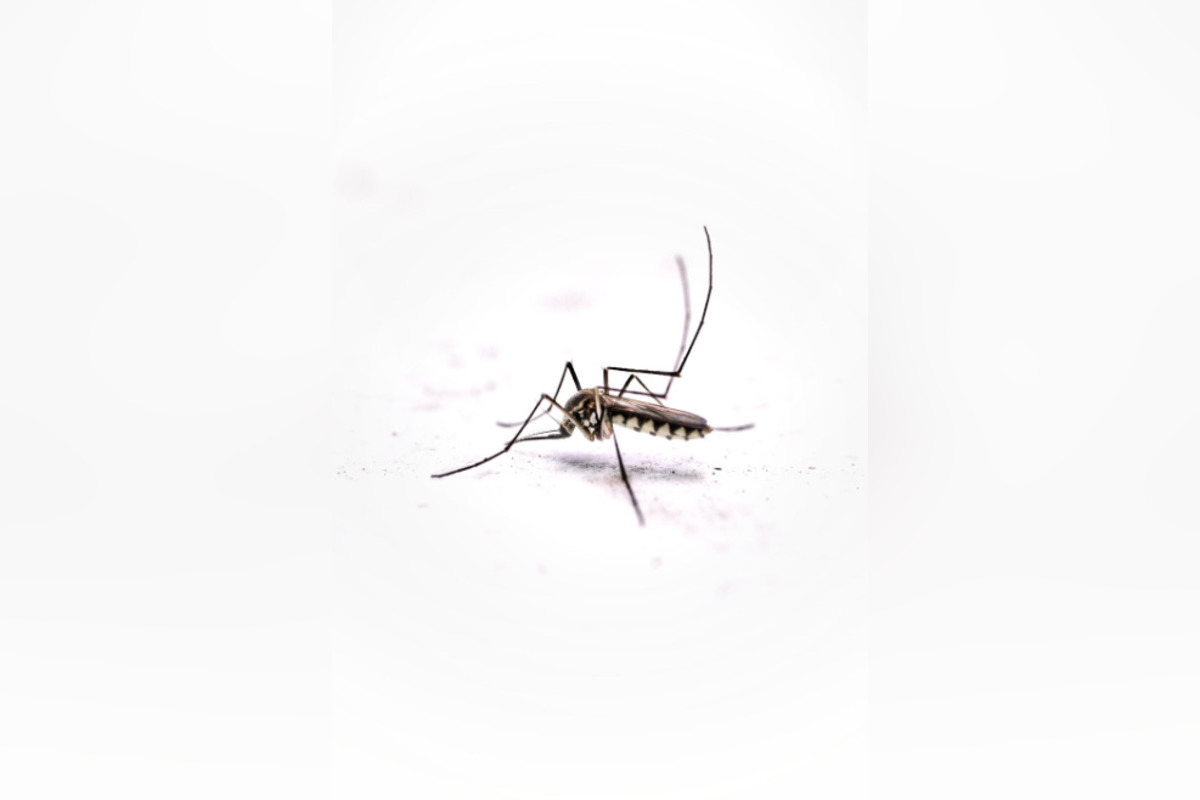The Hawai‘i Department of Health (DOH) has recently reported a new travel-related dengue virus case on Oʻahu, marking the seventh case within the state in 2025. This latest case involves an individual who contracted the virus while visiting a dengue-prone region. The DOH confirmed that this case is unrelated to the cases reported on April 10 and 11, according to an official statement.
Officials are actively responding to the situation by deploying DOH teams to conduct inspections in the affected areas. They have taken steps to implement mosquito control measures in hopes to effectively reduce the potential for local transmission. The public is being encouraged to follow best practices to help prevent the disease spread.

These recommendations include standard precautions such as using EPA-registered insect repellent, wearing protective clothing, and ensuring sleeping areas are mosquito-free.Hawai‘i, while hosting the mosquitoes that can carry dengue, does not consider the disease endemic in the state. Instead, cases have typically been travel-related.
Despite this, residents and travelers alike are asked to remain vigilant, especially when visiting regions where the disease is a well-established risk. Such regions include Central and South America, certain parts of Asia, the Middle East, Africa, and several Pacific Islands, as well as tourists hotspots in the Caribbean, like Puerto Rico.With dengue presenting as a year-round threat in many tropical and subtropical destinations, the DOH is advising potential travelers to plan ahead diligently.
The CDC recommends that people review country-specific travel information for dengue risk, ideally four to six weeks before traveling, and has also suggested taking precautions to prevent mosquito bites for three weeks after returning from areas with dengue fever cases. Symptoms of the virus can vary widely from mild to severe, including fever, nausea, body aches, and symptoms generally last between two to seven days.In addition to taking personal precautions, the DOH has been proactive with environmental strategies against dengue.
The Vector Control Branch has been on the front lines, looking into areas with suspected or confirmed dengue incidences and performing mosquito-reduction activities. It is important for individuals in areas untouched by dengue to join the effort by eliminating potential mosquito breeding sites around their homes. Simple actions, such as disposing of standing water in containers and planters, can make a significant impact.
Residents who have traveled to areas with known dengue cases are urged to monitor their health and seek medical attention if they exhibit any symptoms associated with the disease. Healthcare providers and individuals suspecting a dengue infection are encouraged to contact the Disease Reporting Line detailed by the DOH. For further information on prevention and control, individuals can visit the Disease Outbreak Control Division and Vector Control Branch websites provided by the health department.
.
Health

Oʻahu Reports Seventh Dengue Case of 2025 as Hawai'i DOH Takes Action

Hawai‘i DOH reports a seventh travel-related dengue case in 2025 on Oʻahu and conducts mosquito control measures.















